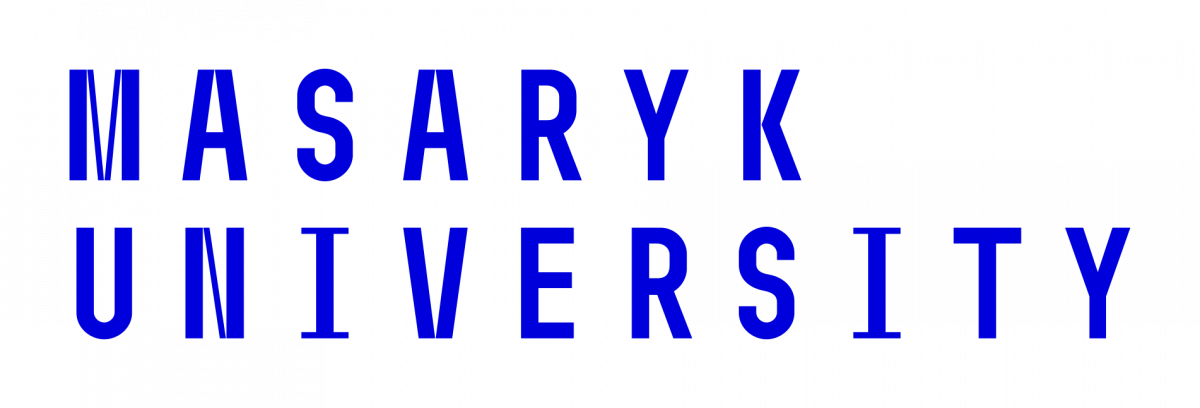Media platforms are usually described as technologies and standards that enable media content producers and content consumers to interface effectively. They aim to make mutual discovery, story collaboration, and audience building between content creators and consumers easier and more efficient. Users of media platforms include amateur producers, pro-am and professional producers, and a significant proportion of the content available is user generated content. The concept of a media platform is itself a generic term, encompassing specific types such as a social media platform focused on user-to-user connectivity and communication, or a media publishing platform with content sharing as its primary function. However, these functions are not usually separated, with most media platforms having both social media and content sharing affordances.
Media platforms are therefore online platforms for connecting users and sharing creative content, and the term online platform is mostly used to describe programmable digital architectures designed to organize and facilitate interactions between users. By using information and communication technologies, online platforms systematically collect, use (algorithmically process) and trade data about user interactions and network effects as they operate. They are often defined as digital services available on the internet, including marketplaces, search engines, social media, creative content outlets, app stores, communication services, payment systems, and services comprising the so-called collaborative or gig economy.
Individual online platforms, including media platforms, cannot be considered in isolation from each other, as they develop in the context of an online environment structured by a specific internal logic. This is underlined by the notion of platform ecosystem, which refers to a set of networked platforms governed by specific mechanisms that shape various market and community practices of everyday life (in transport, hospitality, education, or healthcare). Another related concept is the digital ecosystem, which is a combination of interoperating applications, operating systems, platforms, business models and hardware, where the components of the ecosystem do not necessarily have to be owned by the same organization.
As the concept of a platform society highlights, the proliferation of the use of various digital platforms threatens traditional social values (privacy, accuracy, safety, security, fairness, accessibility, democratic control, and accountability) and raises the urgent question of who is responsible for the public anchoring of these values.









